14 nights 13 days
Daily Tour
Unlimited
English
About this tour
Welcome to the ultimate guide to the Everest Base Camp trek, where adventure meets breathtaking landscapes and unparalleled experiences. Embark on a journey to the roof of the world, where every step brings you closer to the majestic Mount Everest. Whether you’re an experienced trekker or a novice explorer, this comprehensive guide will equip you with everything you need to know to tackle this iconic trek in the heart of the Himalayas.
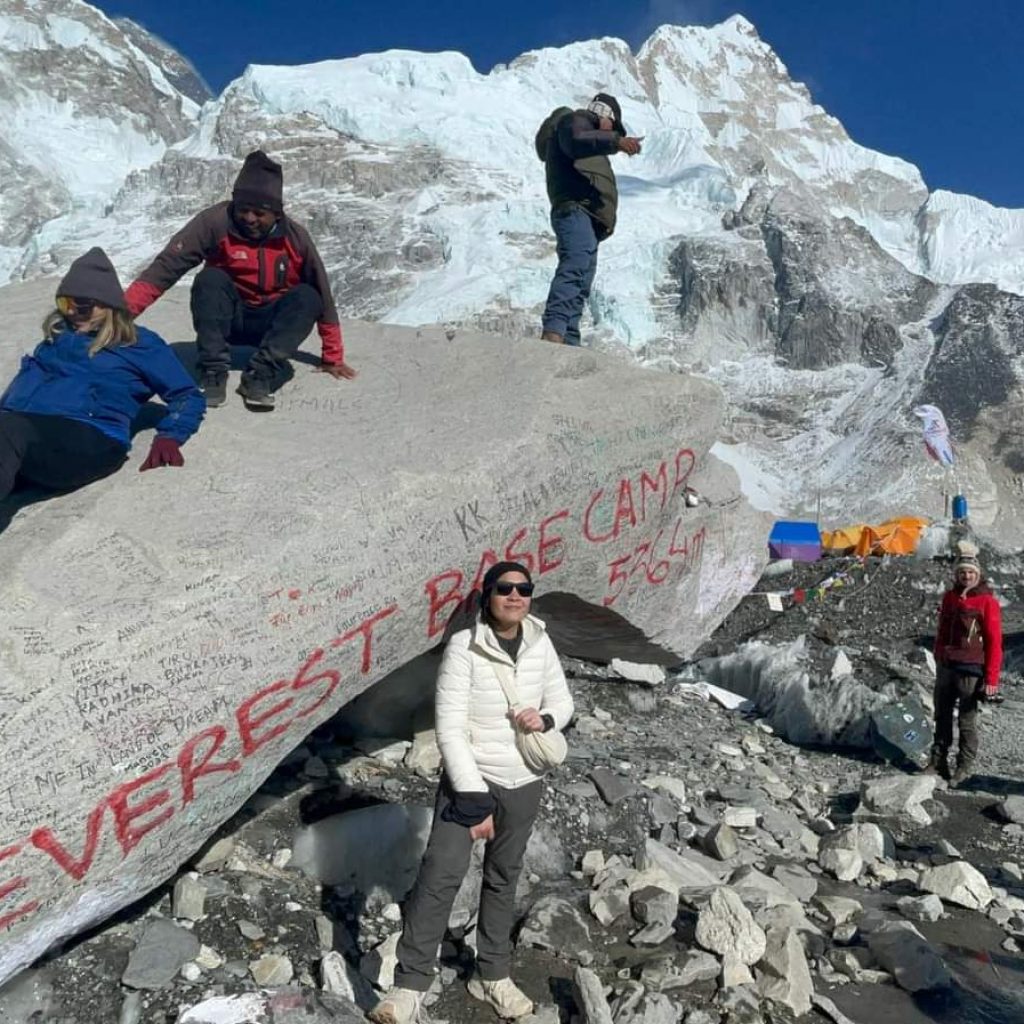
Planning Your Everest Base Camp Trek
Choosing the Right Time: The Everest Base Camp trek is a year-round endeavor, but the best times to go are typically during the pre-monsoon (March to May) and post-monsoon (late September to November) seasons. These periods offer stable weather, clear skies, and favorable trekking conditions, making for an unforgettable experience.
Permits and Regulations: Before embarking on your trek, it’s essential to obtain the necessary permits. The most crucial permit is the Sagarmatha National Park Entry Permit, which allows access to the Everest region.
Additionally, you’ll need a TIMS (Trekkers’ Information Management System) card to ensure your safety and aid in emergency situations. Abiding by conservation regulations, such as waste management and respecting local customs, is vital to preserving the pristine beauty of the Himalayas.
Fitness Preparation: Trekking to Everest Base Camp requires a moderate level of fitness. While prior trekking experience is beneficial, it’s not essential. Focus on cardiovascular exercises, strength training, and endurance-building activities to prepare your body for the physical demands of the trek. Incorporating activities like hiking, cycling, and stair climbing into your routine will help condition your muscles and improve your stamina.
Route and Itinerary
Classic Trekking Routes: The classic Everest Base Camp trek typically begins with a scenic flight from Kathmandu to Lukla, followed by a trek through picturesque Sherpa villages, including Namche Bazaar, Tengboche, Dingboche, and Gorak Shep, before reaching Everest Base Camp itself. Alternatively, you can opt for less-traveled routes, such as the Gokyo Lakes trek or the Three Passes trek, for a more adventurous experience.
Sample Itinerary: A typical itinerary for the Everest Base Camp trek spans approximately 12-14 days, allowing for proper acclimatization and enjoyment of the stunning surroundings. It’s essential to pace yourself and listen to your body, taking rest days as needed to prevent altitude sickness. Here’s a sample itinerary to guide you through your journey:
- Day 1-2: Fly from Kathmandu to Lukla and trek to Phakding
- Day 3-4: Trek from Phakding to Namche Bazaar, with a rest day for acclimatization
- Day 5-7: Continue trekking to Tengboche, Dingboche, and Lobuche
- Day 8-9: Reach Gorak Shep, trek to Everest Base Camp, and hike to Kala Patthar for sunrise views
- Day 10-12: Descend back to Lukla via the same route, with stops in Pheriche and Namche Bazaar
Essential Gear and Packing Tips
Gear Checklist: Packing the right gear is crucial for a successful trek to Everest Base Camp. Essential items include sturdy hiking boots, moisture-wicking clothing, a warm sleeping bag, a down jacket, a waterproof shell, trekking poles, a headlamp, sunglasses, a first aid kit, and high-altitude medication.
Packing Tips: When packing for your Everest Base Camp trek, focus on lightweight, moisture-wicking, and versatile clothing that can be layered for warmth and protection. Pack essentials in a sturdy backpack, organizing items into waterproof stuff sacks or compression cubes to maximize space and keep your gear dry.
Accommodation and Facilities
Tea Houses vs. Camping: Along the Everest Base Camp trekking route, you’ll find a network of tea houses offering basic accommodation, meals, and hot showers. Staying in tea houses provides a unique opportunity to immerse yourself in the local culture and hospitality. Alternatively, if you prefer a more remote and adventurous experience, camping is an option, although it requires carrying additional gear and permits.
Tea House Experience: Tea houses in the Everest region vary in terms of facilities and comfort levels. While basic, most tea houses offer cozy dormitory-style rooms with twin beds and communal dining areas where trekkers can enjoy hearty meals and socialize with fellow travelers. Hot showers and charging facilities are available at an additional cost, so it’s essential to carry enough cash for these extras.
Health and Safety
Altitude Sickness Prevention: Acute Mountain Sickness (AMS) is a common concern when trekking at high altitudes. To minimize the risk of AMS, it’s crucial to ascend gradually, stay hydrated, eat nutritious meals, and listen to your body’s signals. If you experience symptoms of AMS, such as headaches, nausea, or dizziness, it’s essential to descend to a lower altitude immediately and seek medical attention if symptoms persist.
First Aid and Emergency Preparedness: Carrying a well-stocked first aid kit is essential for treating minor injuries and ailments while trekking. Additionally, having a basic understanding of first aid principles, such as wound care, splinting, and CPR, can be invaluable in emergency situations. It’s also recommended to have travel insurance that covers trekking activities, including medical evacuation in case of emergencies.
Cultural and Natural Highlights
Sherpa Culture: The Everest region is home to the legendary Sherpa people, renowned for their resilience, hospitality, and mountaineering expertise. Take the opportunity to learn about Sherpa culture and traditions by visiting monasteries, attending local festivals, and interacting with villagers along the trekking route. Respectful engagement with the local community enhances the cultural richness of your Everest Base Camp experience.
Natural Wonders: The Himalayas are a treasure trove of natural beauty, boasting awe-inspiring landscapes, diverse flora, and fauna, and breathtaking vistas at every turn. From towering peaks like Everest, Lhotse, and Nuptse to pristine glacial lakes and lush alpine meadows, the Everest region offers a feast for the senses and endless opportunities for exploration and discovery.
Capturing the Moments
Photography Tips: With its stunning scenery and dramatic landscapes, the Everest Base Camp trek provides endless opportunities for photography enthusiasts. To capture the beauty of the Himalayas effectively, consider factors such as lighting, composition, and perspective. Experiment with different camera settings and techniques, such as long exposure for capturing star trails or time-lapse for recording the changing landscape.
Recommended Camera Gear: When choosing camera gear for the Everest Base Camp trek, prioritize portability, durability, and versatility. A lightweight DSLR or mirrorless camera with a versatile zoom lens is ideal for capturing a wide range of subjects, from sweeping mountain panoramas to intimate cultural moments.
Don’t forget essential accessories like spare batteries, memory cards, lens cloths, and a sturdy camera bag or backpack to protect your gear from the elements.
Environmental Conservation
Leave No Trace Principles: Responsible trekking practices are essential for minimizing the environmental impact of your Everest Base Camp trek. Adhering to Leave No Trace principles, such as packing out waste, staying on designated trails, and respecting wildlife and vegetation, helps preserve the fragile ecosystem of the Himalayas for future generations to enjoy.
Sustainable Travel Tips: Supporting sustainable tourism initiatives and local communities is vital for promoting responsible travel in the Everest region. Choose eco-friendly accommodation options, purchase locally made souvenirs, and patronize businesses
Congratulations, intrepid traveler, on embarking on the adventure of a lifetime to the Everest Base Camp! With this comprehensive guide as your companion, you’re well-equipped to conquer the challenges and embrace the wonders of the Himalayas.
Highlights
- Mesmerising View of World’s Highest Mt. Everest 8848
- Stunning Views of Many Ice Peak Mountains in Everest Region
- Kallapathar Majestic Viewpoint
- Nepal Biggest Khumbu & Longest Ngozumpa Glaciers
- Hillary Suspension Bridge
- Namchebazar the Sherpa Capital & Tengboche Monastery
- Sagarmatha National Park & Biodiversities of Flora & Fauna in Everest Regions
- Traditional Sherpa Villages, Culture, Traditions and Hospitality
Included/Excluded
- Airport Pick up and Drop by Private Car upon arrival and departure
- Hotel Accomodation (Shared Room for Minimum 2 Pax and Single Room for Private Trip) in Kathmandu & in Tea Houses as per Itinerary
- All clean Standard Teahouses (Shared Room for Minimum 2 Pax and Single Room for Private Trip) in Lukla, Phakding, Namchebazzar, Tengboche, Dingboche, Lobuche, Gorakshep as per Package booked
- Overland transport from Kathmandu to Ramechap (both ways)
- Flight Ticket from Ramechap to Lukla (both ways)
- Meals 3 x a day as per mentioned in Itinerary
- Company Duffle Bag to lend for trekking
- Sleeping Bag to lend for trekking
- Seasonal Fruits during trekking
- Professional Experienced Licensed English Speaking Guide
- Porter (1 Porter for 2 People with maximum luggage 25 kgs)
- Sagarmatha National Park Trekking Permit & Government Tax
- Nepal Visa Online Application Service
- Emergency Evacuation Management / Service by Horse or Helicopter
- Farewell Dinner before Departure
- Official Trekking Certificate from our Company
- Flight ticket to Nepal & Travel Insurance
- Tourist Visa On Arrival Fee ; 15 Days = USD 30, 30 Days = USD 50
- Tips for Guide & Porter
- Extra Accommodation which is caused by your early arrival or late departure other than the trek date, and if you are back to Kathmandu early from the trek due to any problem or rescue (other personal reasons).
- Extra Airport transfer cost if you have to return back from Kathmandu/Ramechap airport to hotel again and again go to Lukla airport because of weather problem (flight cancellation).
- Horse Rent / Helicopter Cost/Expenses for Emergency Evacuation or Personal Request
- Personal Expenses for trekking such as mountain gear or equipments, shopping, wifi/nepal simcard, phone/battery charge, hot water/shower, extra personal meals, drinks (mineral water), snacks, laundry etc
- Other Personal Expenses which are not included in the above facilities.
Itinerary

You arrive in Kathmandu today and our company staff will pick you up at Tribhuvan International Airport then drop you at Hotel. Our Staff will also give briefing you about the Everest Basecamp Trip and hand over duffle bag for your to pack your stuff for trekking. Payment on the balance trip cost also will be done today. If you come in the morning or early time today, we will have welcome dinner otherwise we will provide you with packed dinner in your room from the hotel you stay. Our Staff will also inform you what time you must wake up & prepared the following morning for driving to Ramechap. Overnight in Kathmandu
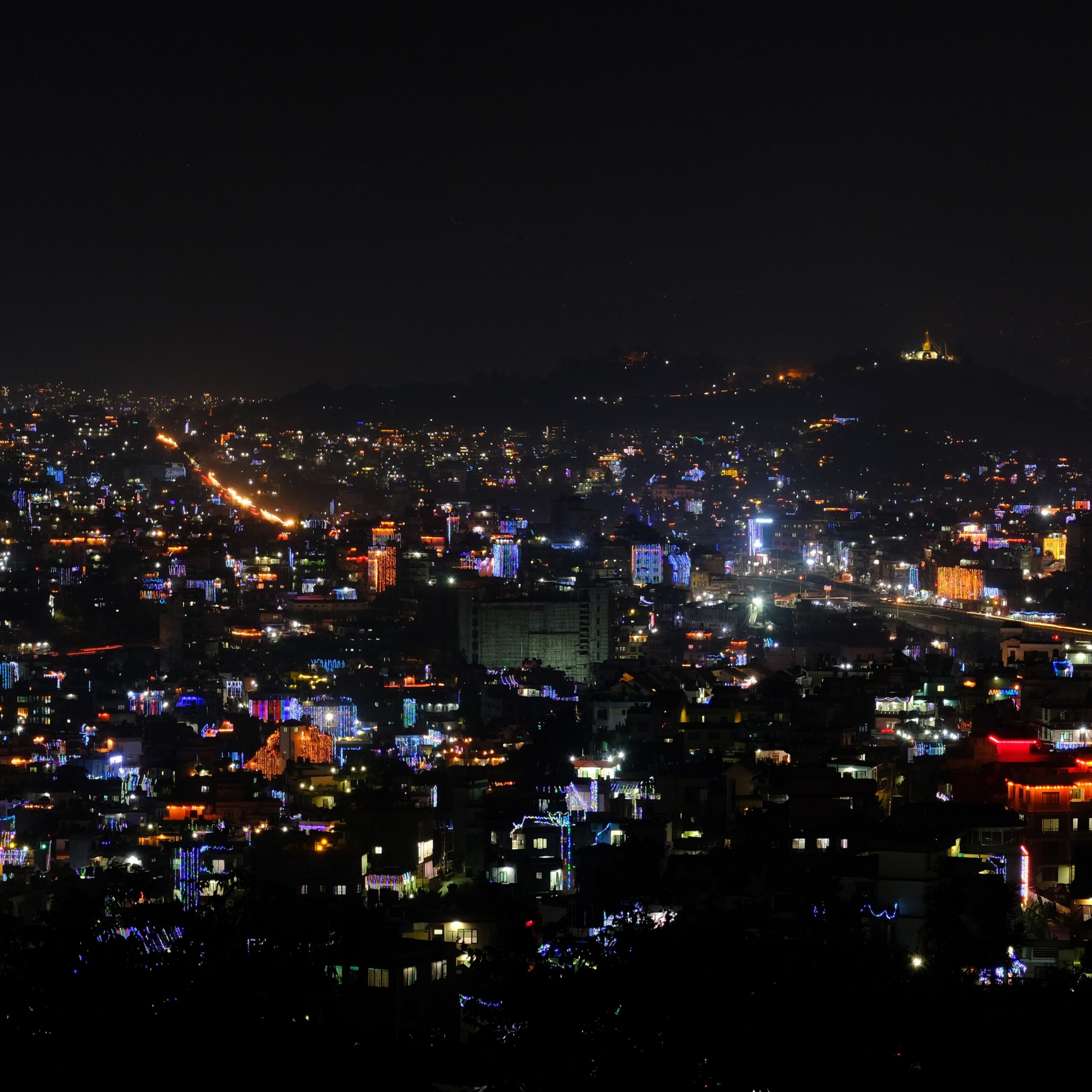
Early Morning at around 02.00 oclock, our Guide will come to hotel to pick you at hotel and together will drive to ramechape. Trip from Kathmandu to Ramechap takes 5 hours drive. At around 8 oclock in Ramechap, Airport Port check in will be managed by our guide and you will fly to Lukla for 20 minutes, then directly trek to Phakding. It will take around 3 hrs trek to reach Phakding. Overnight in Phakding
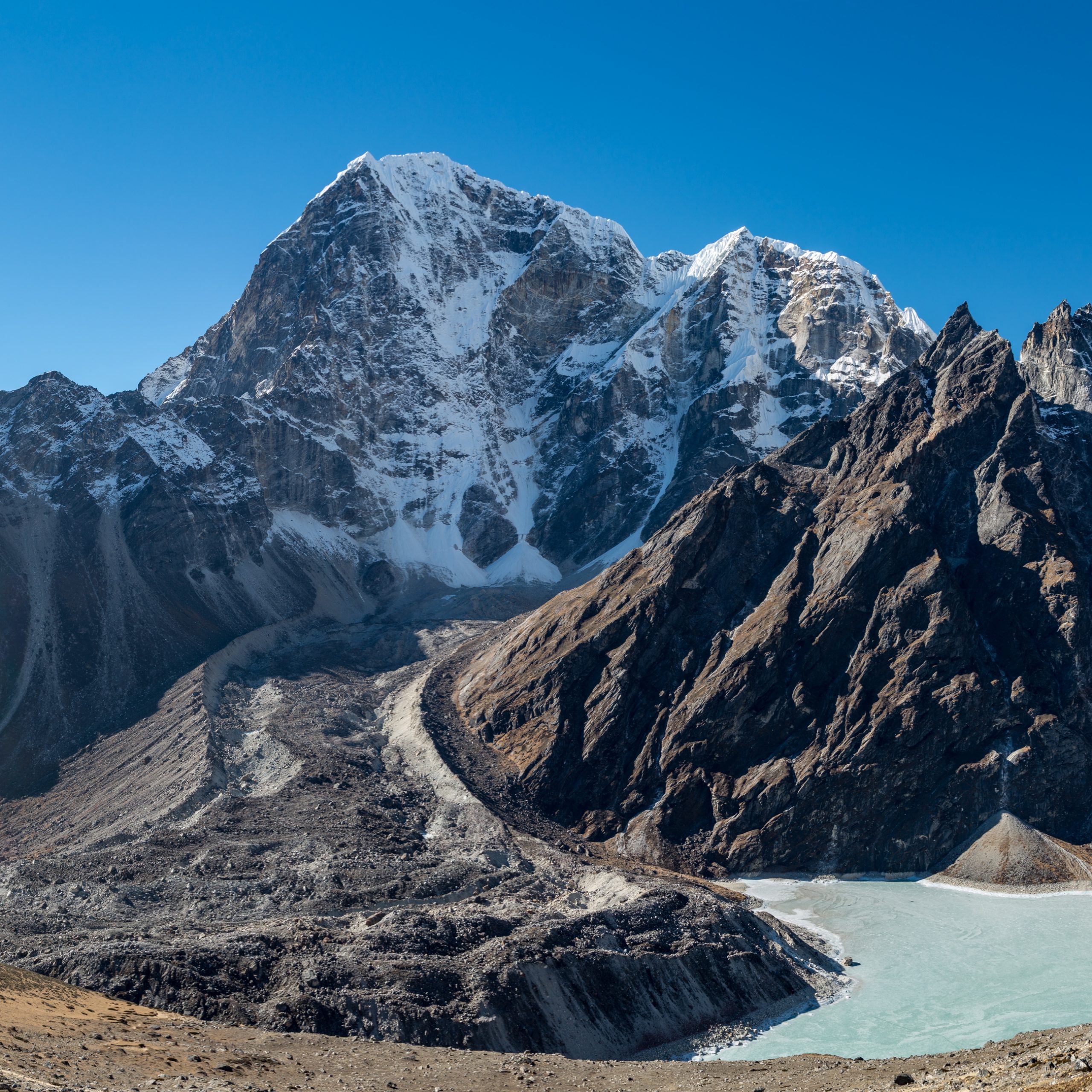
After breakfast at hotel you will start your trek around 7 or 7.30am to Namchebazar. Today you will walk through few villages with beautiful views of Dudh Kosi river which coming all the way up from Everest Basecamp region down to Lukla. You will also pass by many suspension bridges which connect one village and mountains/hills in this area to another. Some waterfalls also are there where you can stop, take photo and fill the water for you drink. Use your water purification tablet when drinking from running water during the trek. The beautiful landscape of Mt. Thamserku 6608m. On Midday you will stop for lunch somewhere around the village and after that continue your trek to reach Edmun Hillary Bridge. This Bridge is quite famous and connect the bottom land with Namchebazar area. You need to put extra energy to come up to this height and more hike after the bridge to arrive in Namchebazar. From Phakding to Namchebazar will take 6-7 hrs walk up. It depends on your walking speed but please control your pace as consistently slow & relaxe as possible and enjoy your trek. You will reach namchebazar in the afternoon around 3 or 4 oclock at your teahouse in Namchebazar. Overnight in Namchebazar
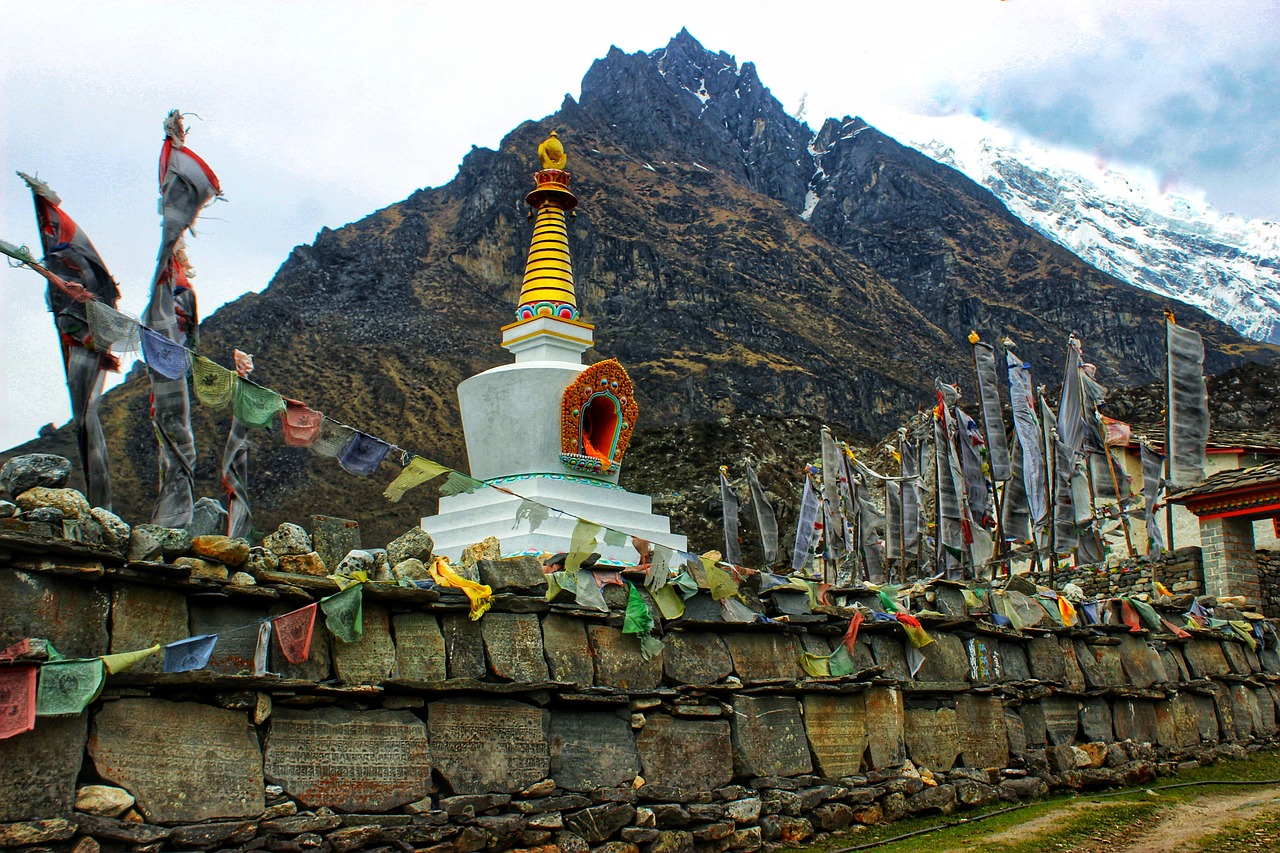
Today is your first acclimatization day where you need to go hike higher to make your body prepared for higher altitude and it will prevent you from High Altitude Sickness. After breakfast our guide will accompany you to hike to Everest View Hotel at 3880m Altitude. It takes around 2-3 hours to go up and back namchebazar. During the hiking, if the weather is clear you will enjoy the stunning scenery of many Highest Mountain in Everest region such as Mt. Everest 4484m, Mt. Amadablam 6856m, Mt. Lhotse 8511m, Mt. Nuptse 7896m, Shartse Peak 7502m, Peak 38 7590 and many others. After hiking to Everest View Hotel 3880m, you will take rest and enjoy Namchebazar neighborhood. Overnight in Namchebazar
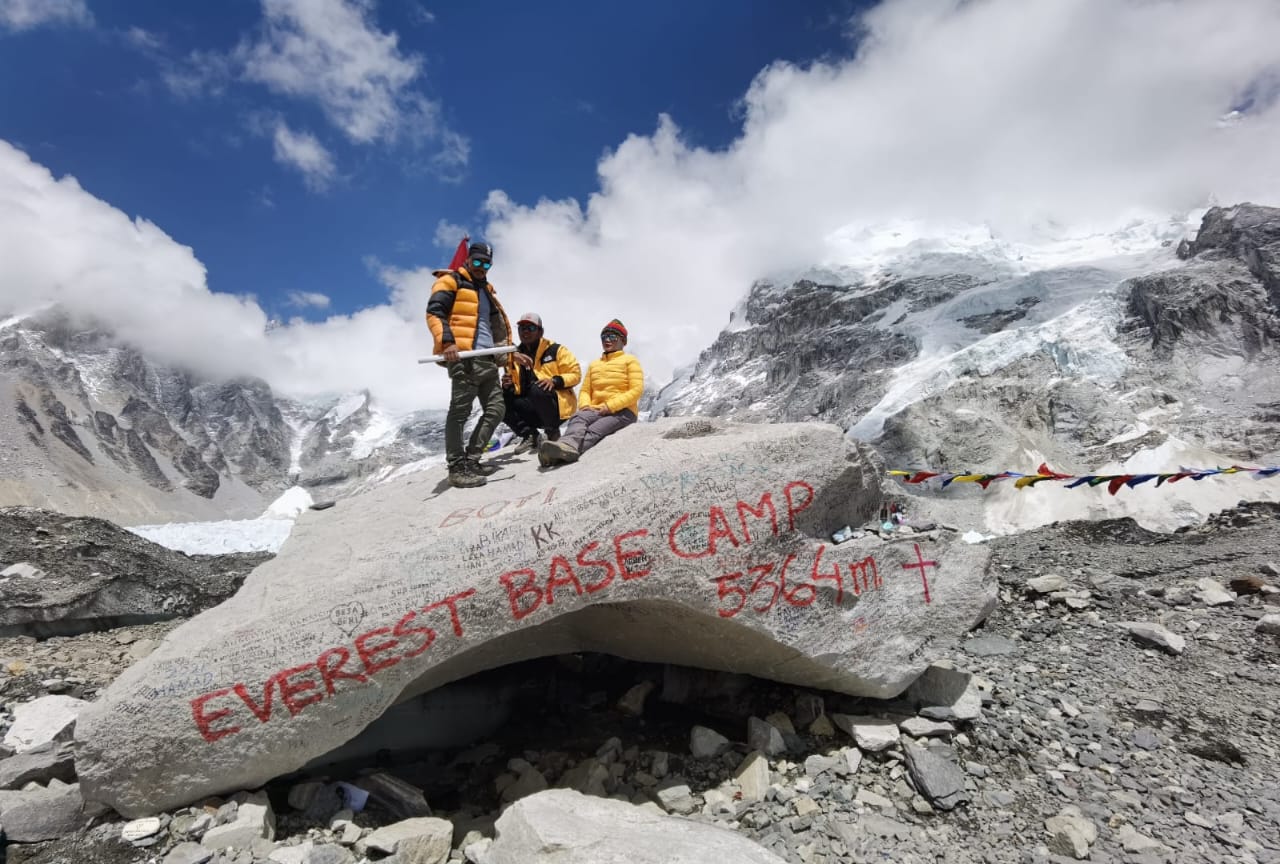
Namchebazar to Tengboche trek distance is 5-6 hrs walk. The trails to Tengboche is one of the most scenic as the views open up and you can enjoy the close up views of Himalayan Peaks. You will have lunch on the downhill at Punke Thaga Village. There is a steep descent and ascent before you finally reach the traditional gate (Kani) of the village. Beautiful Tengboche village welcomes you with its beautiful Monastery area. Overnight in Tengboche

After Breakfast you will start again your trek to Dingboche at 4350m altitude. Traditional Sherpa settlement, nursery, monastery, yak and wildlife pastures are the hightlights feature of Tengboche to Dingboche trekking views. It takes 5-6 hrs walk to reach Dingboche and you can see the views of Mt. Everest, Mt Lhotse and Amadablam which will more attract your wonderful journey. Be aware of the strong wind when you walk and wear you neck and hair cover to prevent sickness. Overnight in Dingboche
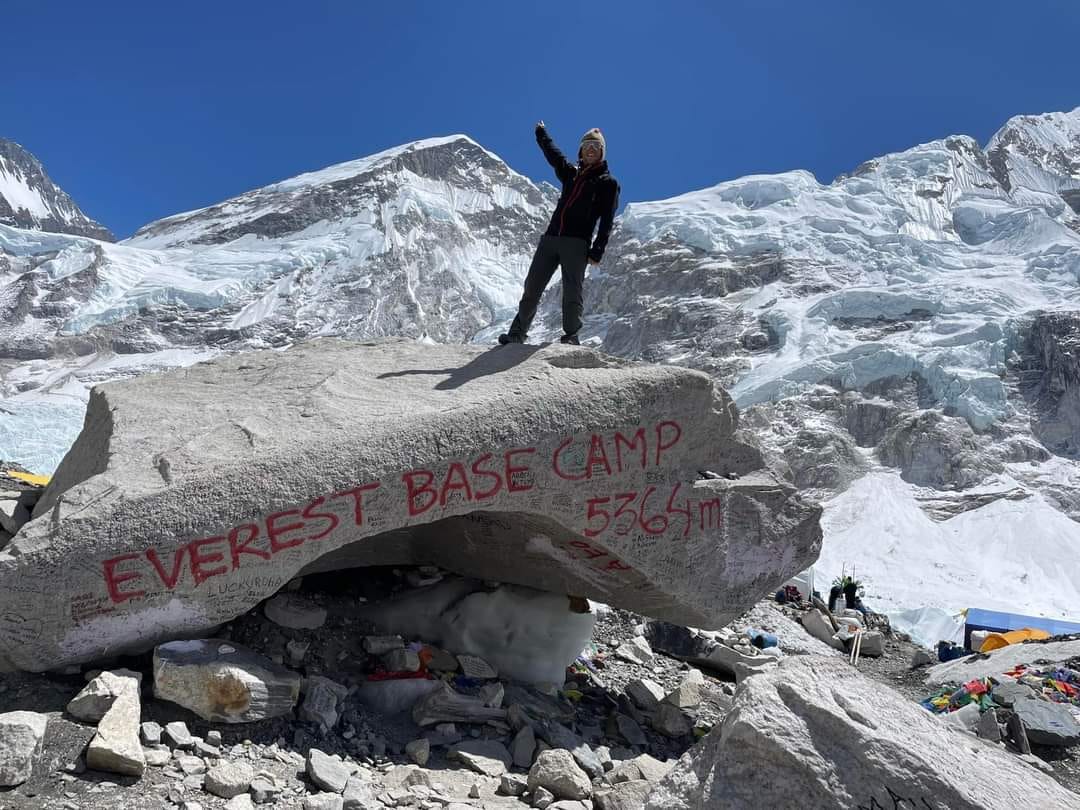
Today is your second acclimatization day in Dingboche where you will do a little hiking to Dingboche Hill which take around 2-3 hrs trek up and down. Now you have enough acclimatisation and adjust your body to higher altitude and be ready for the following day trek to Lobuche. After back from hiking, you go back to Teahouse for rest and do your personal relaxing moments. Overnight in Dingboche
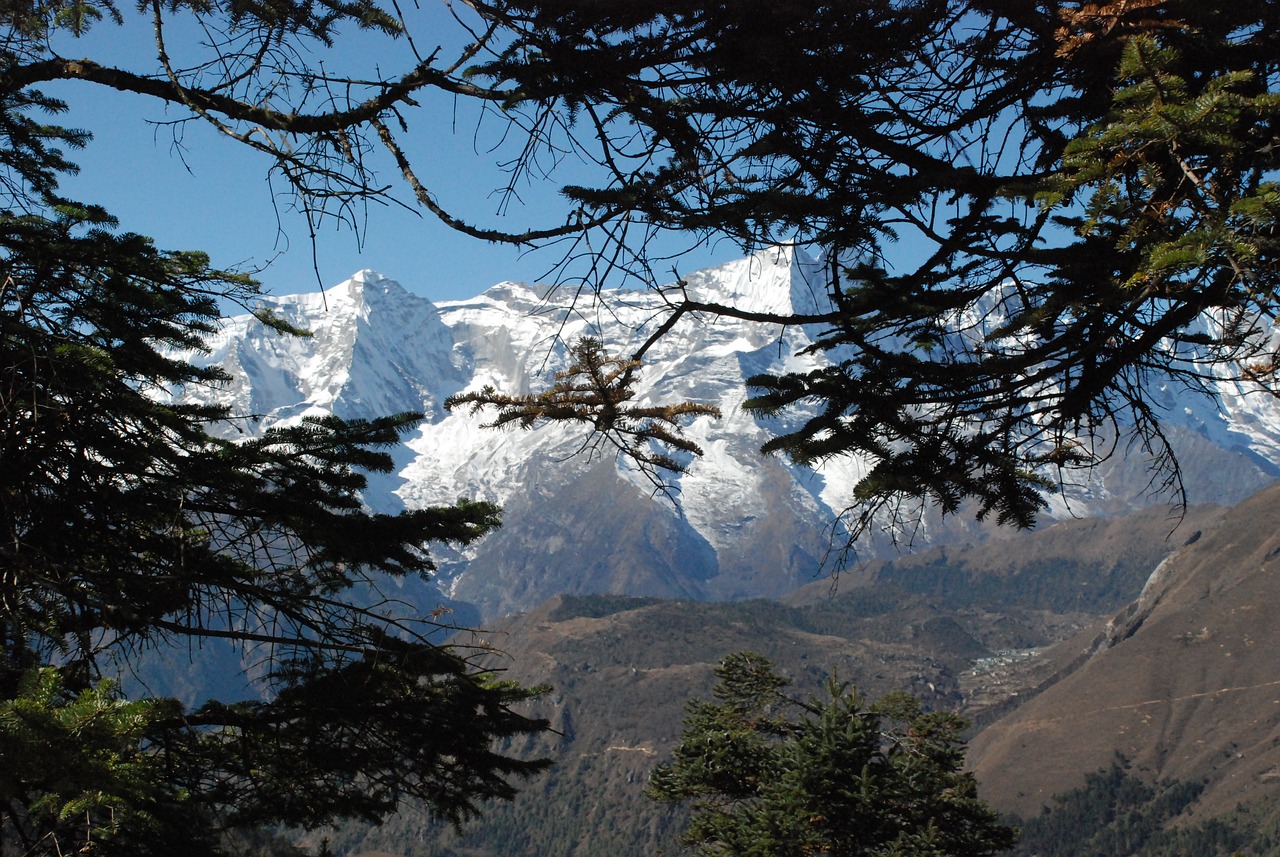
Today is supposed to be the tougher day for your trek cos you after you leave Dingboce in the morning after breakfast, you will walk up again to Thukla Village. The trails are just flat, ascent and descent but not really steep only open up view with quite big wind. Reaching Thukla by going down and crossing the river and have lunch there. After lunch you will hike to more steep trail to reach Memorial Stones of “passed away climbers” who climbed Mt Everest and other climbers who died here. Then trek to continue which takes around 6-7 hrs total from Dingboche to Lobudhe at 4910m altitude. Overnight in Lobuche
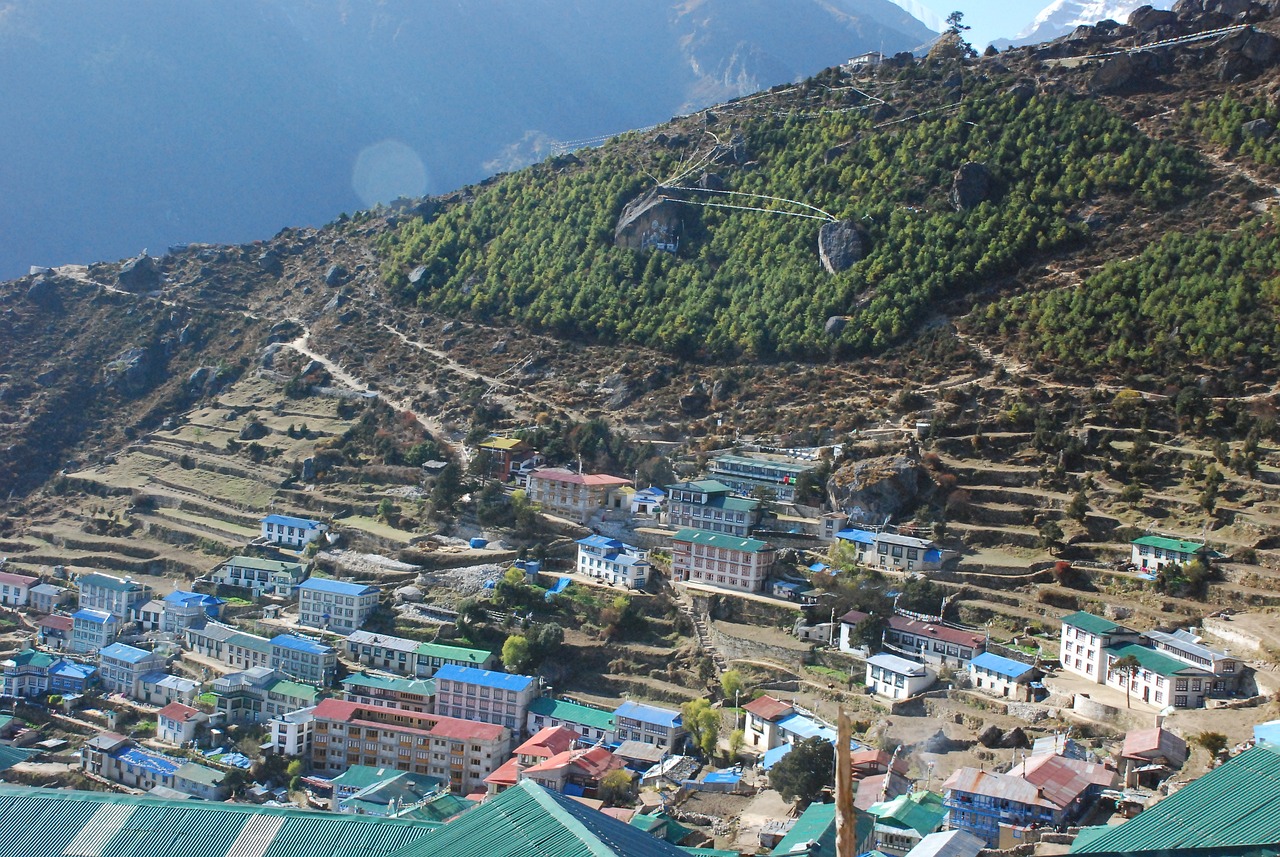
Day 9 is your final trek up to the last village in Everest Basecamp called Gorakshep at 5190m. Start early around 8 oclock from Lobuche you will go through rocky and stony trails to reach Gorakshep. It takes around 3 hrs trek to Gorakshep and you are supposed to arrive here around 12 oclock. After lunch break in Gorakshep and drop your luggage here, our guide will accompany to continue the summit to Everest Basecamp 5364m which takes around 2-3 hrs hiking. Enjoy the view in Everest Basecamp them you come back down to Gorkashop in the afternoon and stay overnight in Gorakshep

Today early in the morning around 5 oclock if you still have energy, you can do early morning summit to Kallapathar at 5500m. This is optional depends on your physical condition. Otherwise after breakfast, you will go down to Periche 4288m which take 4-5hrs walk. Overnight in Periche
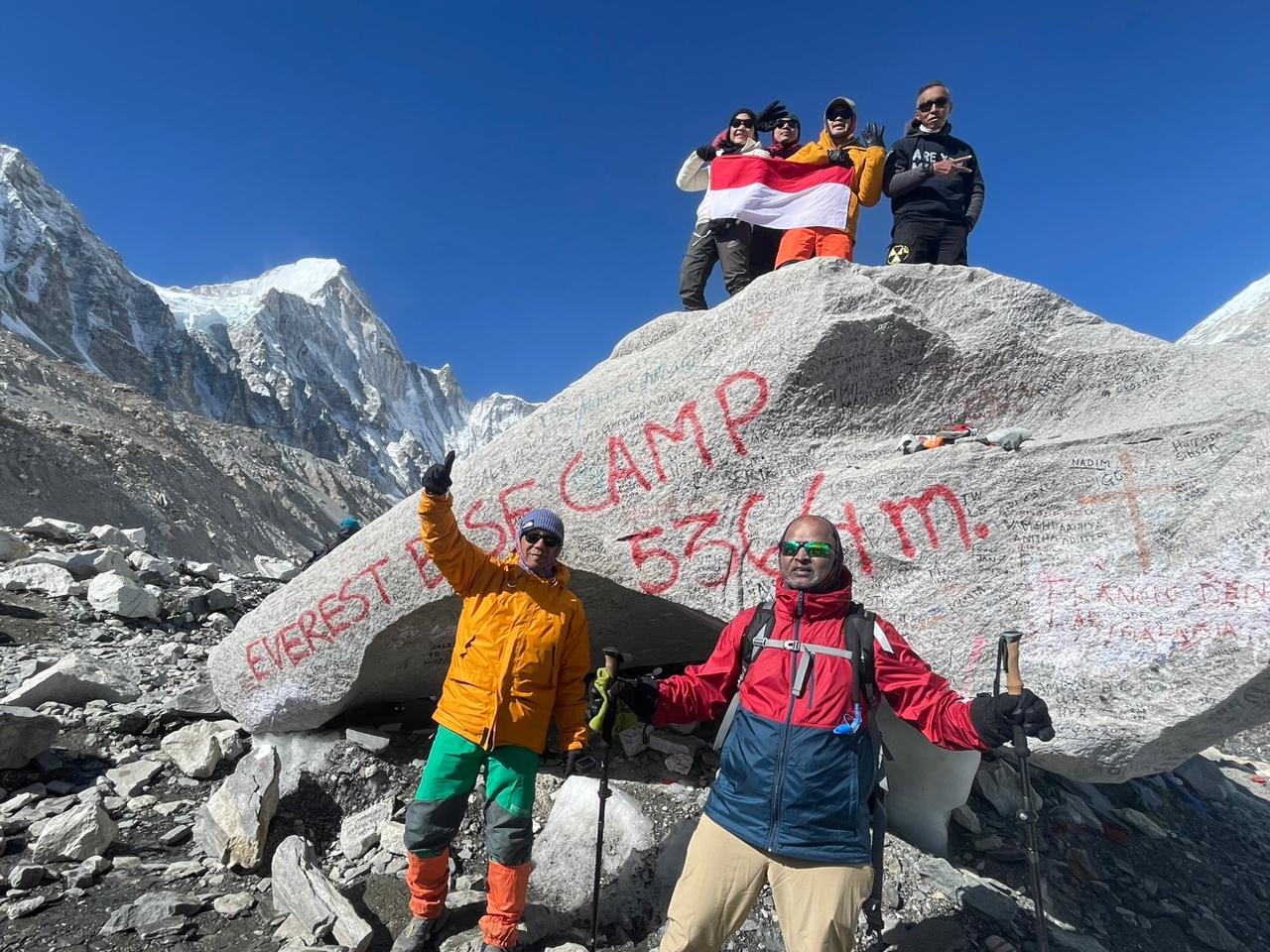
Today trek is the last two days left for you to do trekking before you reach Lukla. From Periche after breakfast you will trek back to Namchebazar same place where you did acclimatization earlier. You might see different beautiful view of Highest mountains for the 2nd visit to Namchebazar from the one earlier. It takes 5-6 hrs to reach Namechebazar. Overnight in Namchebazar

This is your last day trek from the total 12 days trekking up & down of 14 Days Everest Basecamp Itinerary. You might be excited since your successful summit to Everest Basecamp has already been finished and now only to complete the last trek to reach Lukla which takes 6-7 hrs trek. It depends on your pace but normally you will reach Lukla in afternoon. Overnight in Lukla

Flight from Lukla to Ramechap will take 20 minutes. Today after flying to Ramechap you will back to Kathmandu which will take 5 hrs drive. Once reaching kathmandu you will take rest for a while then in the evening we will invite you for farewell dinner and we distritibute Your Certificate of Achievement of having been successful reaching the Everest Basecamp. Overnight in Kathmandu
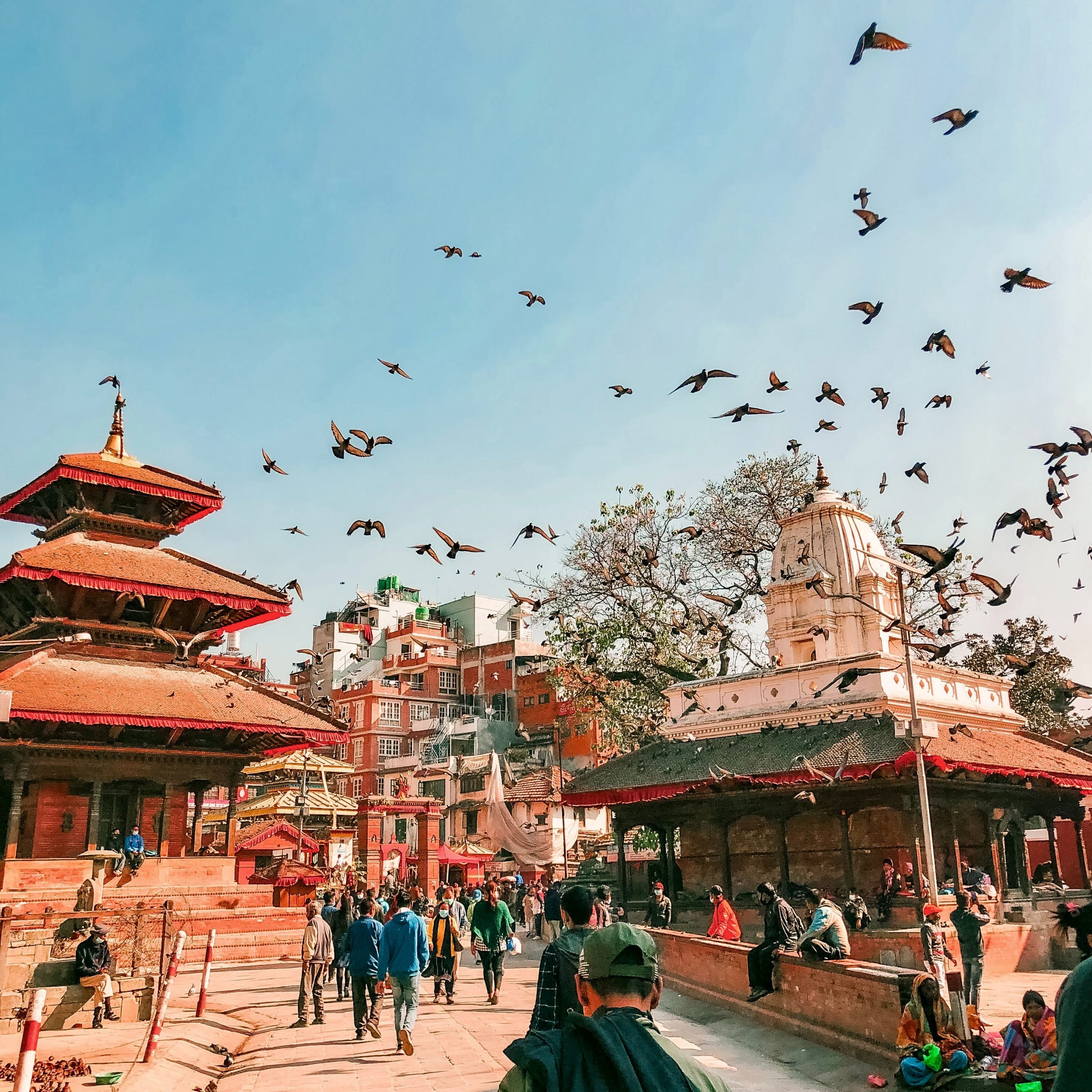
Today is your last your day in Everest Basecamp Trek Package with us. You have free time to rest till check out time comes at 12pm. Our Company Staff will pick you up at hotel and drop you at Tribhuvan International Airport. Trip ends. And Thank you for trust us as your trekking company. See you again in the coming trip

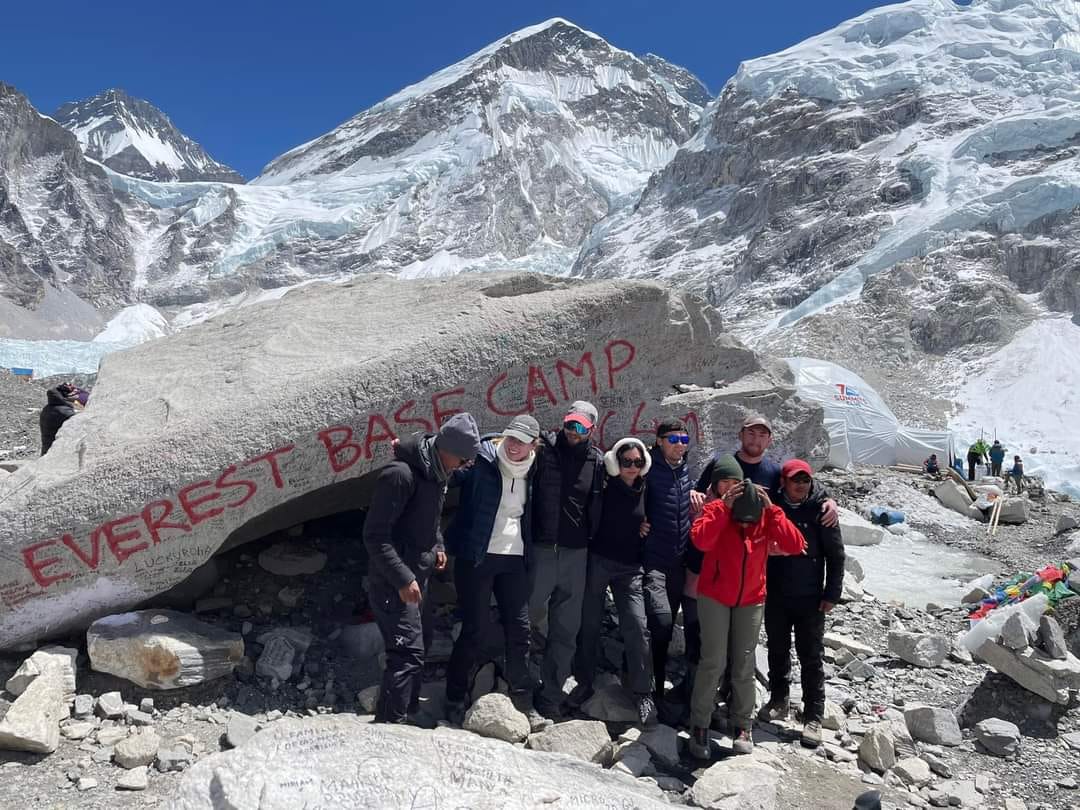
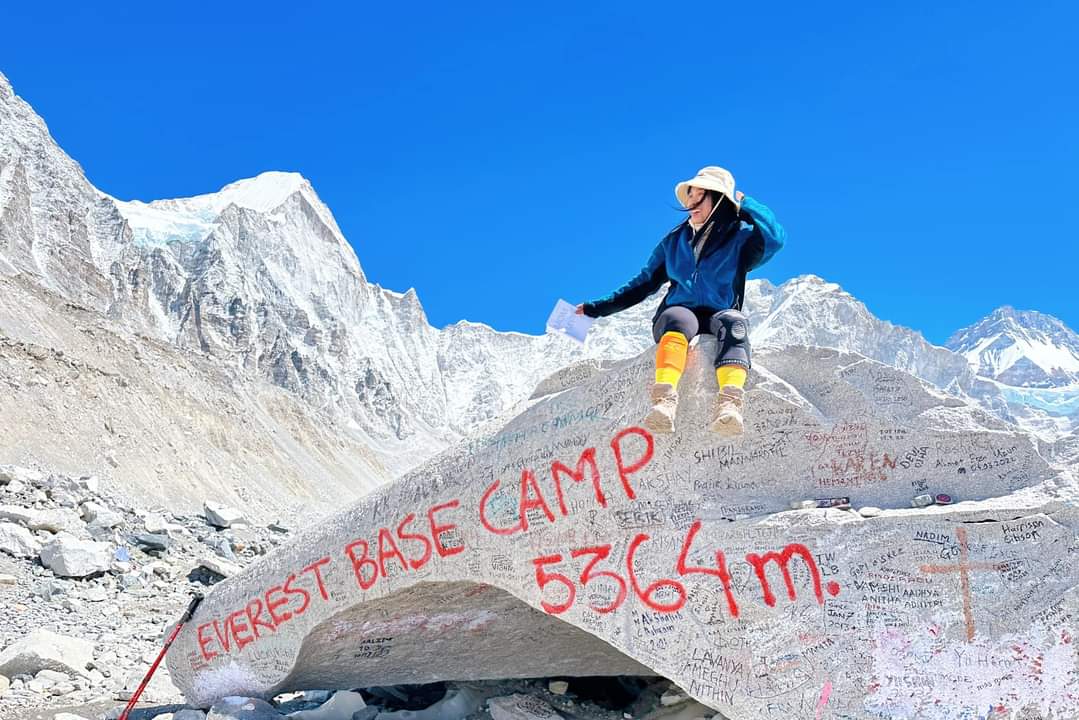
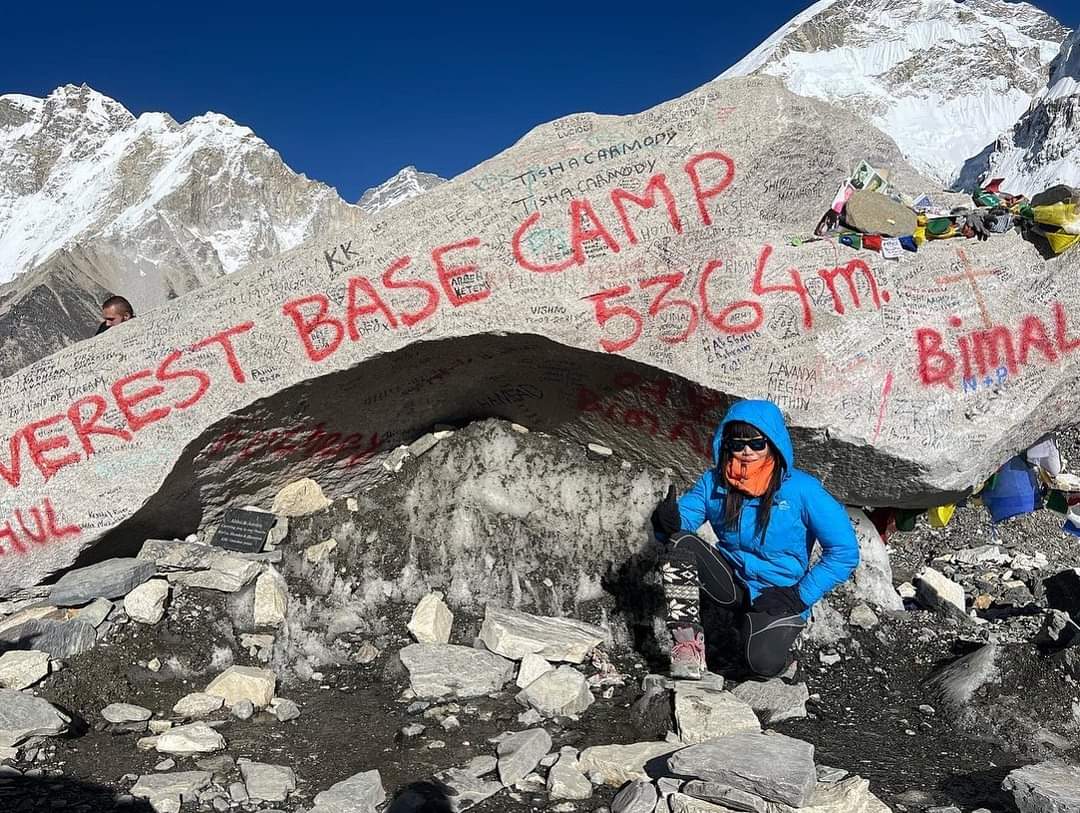
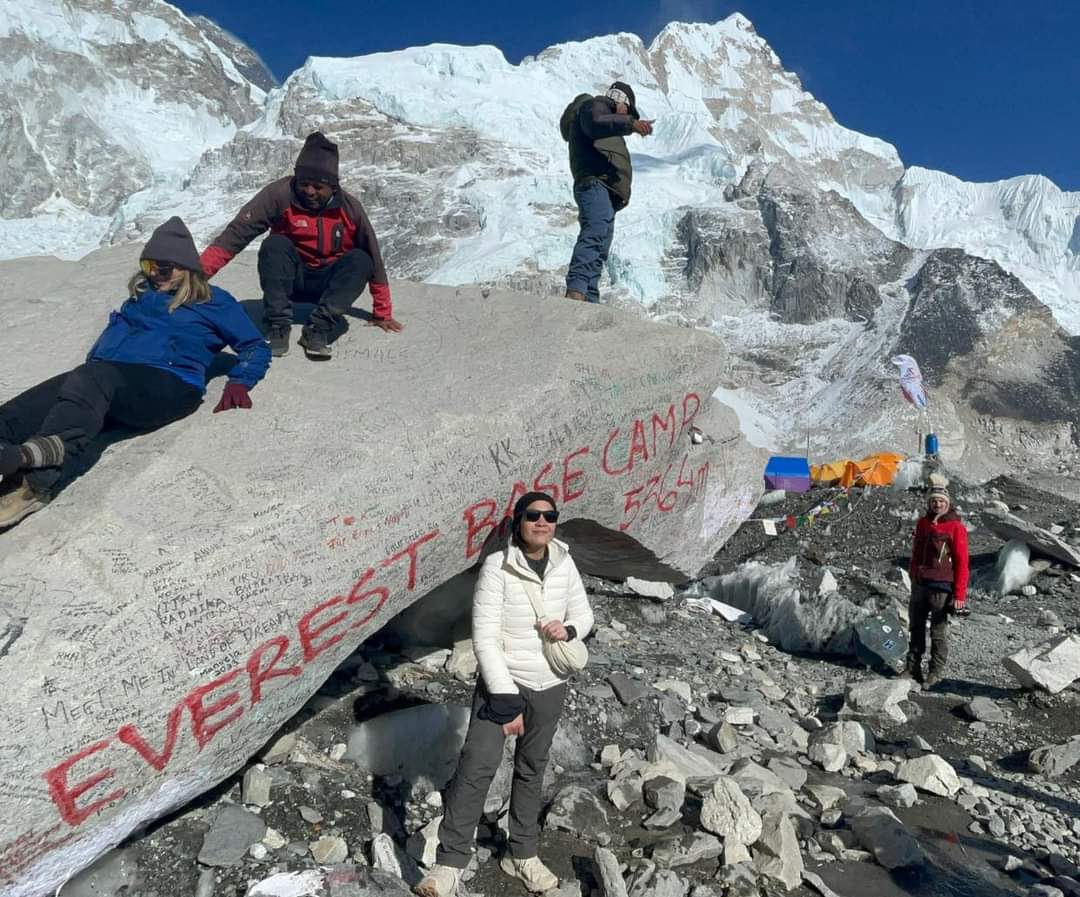
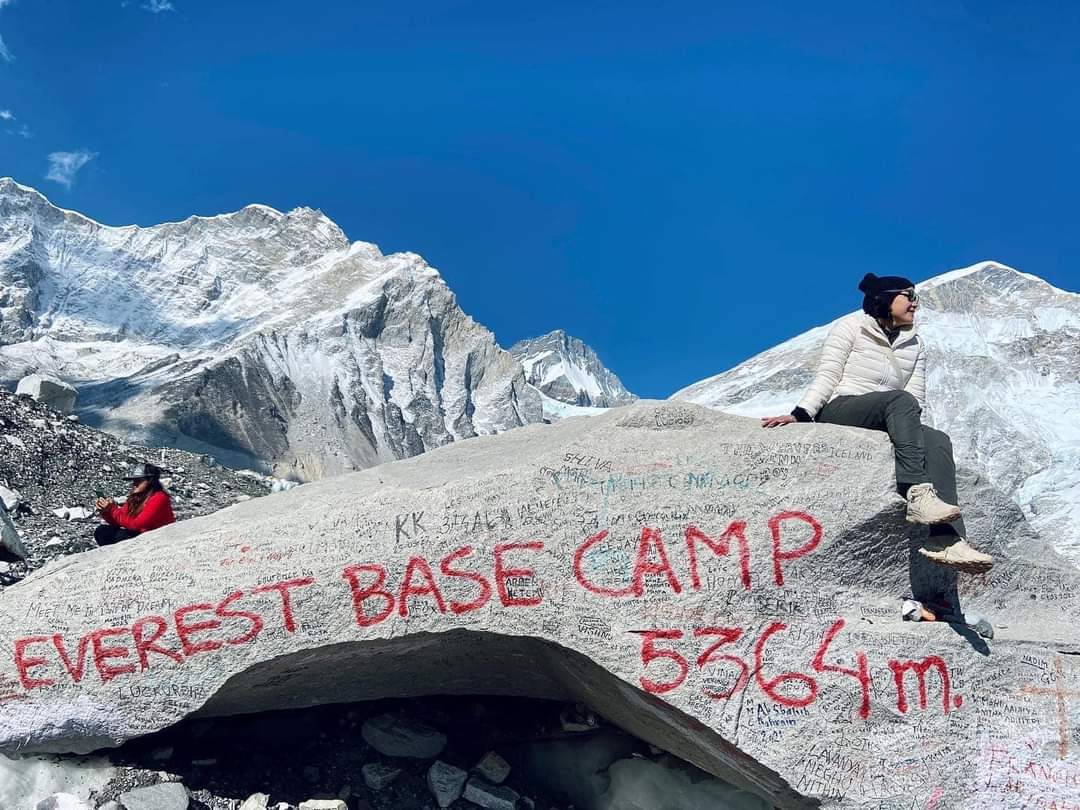
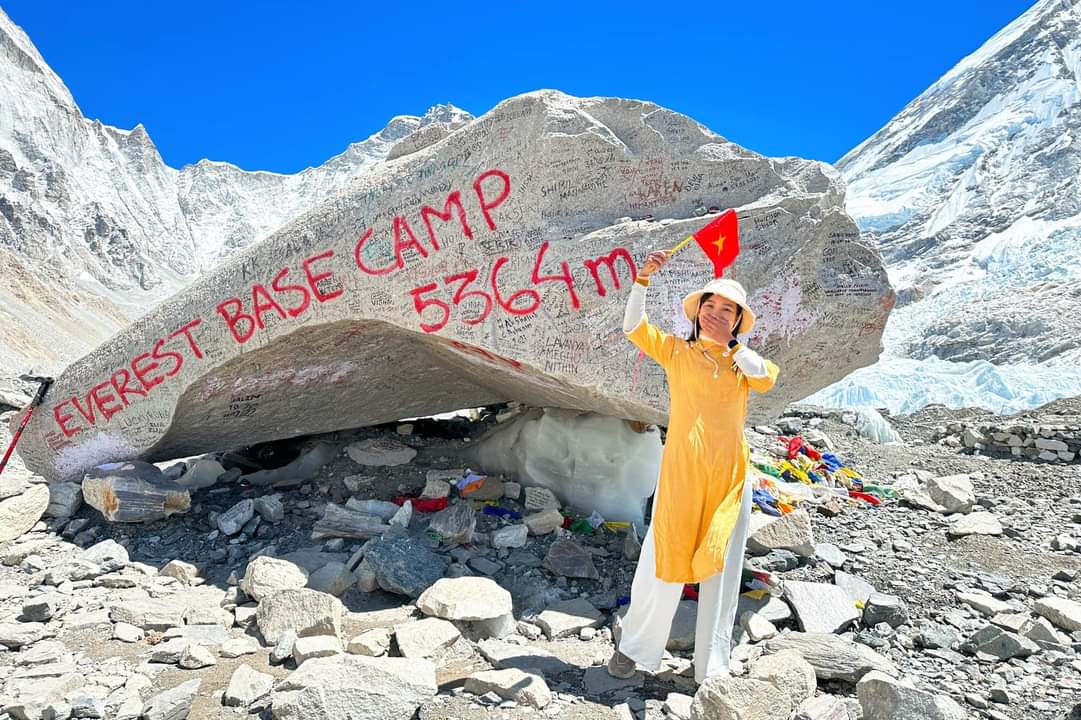
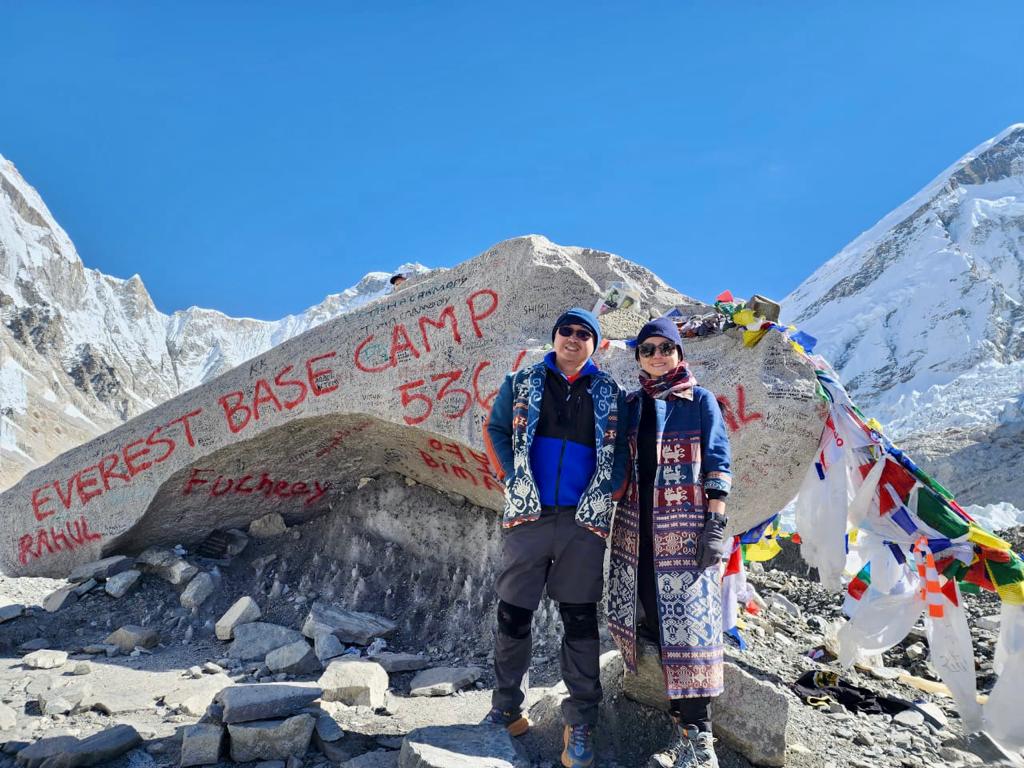
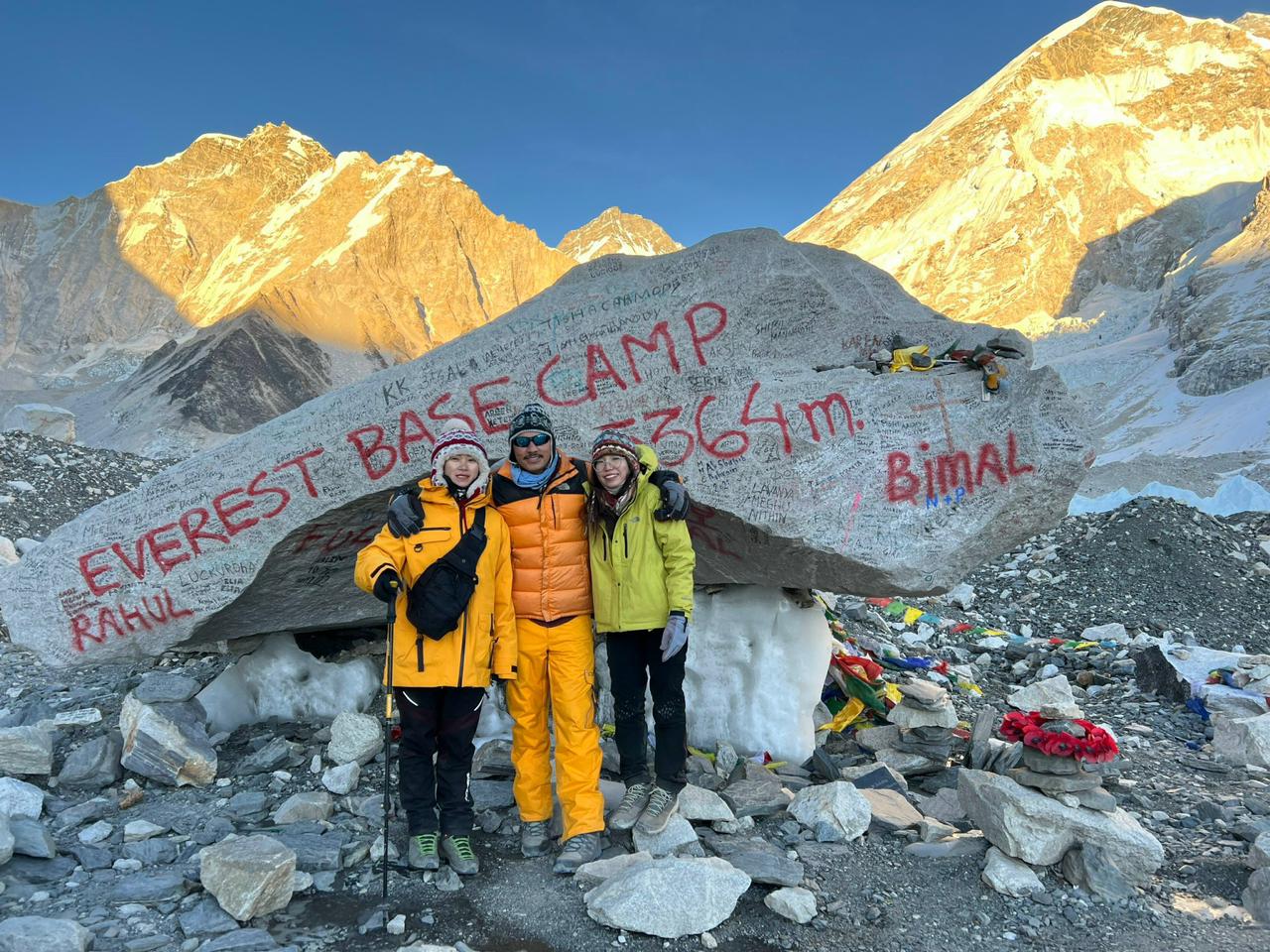
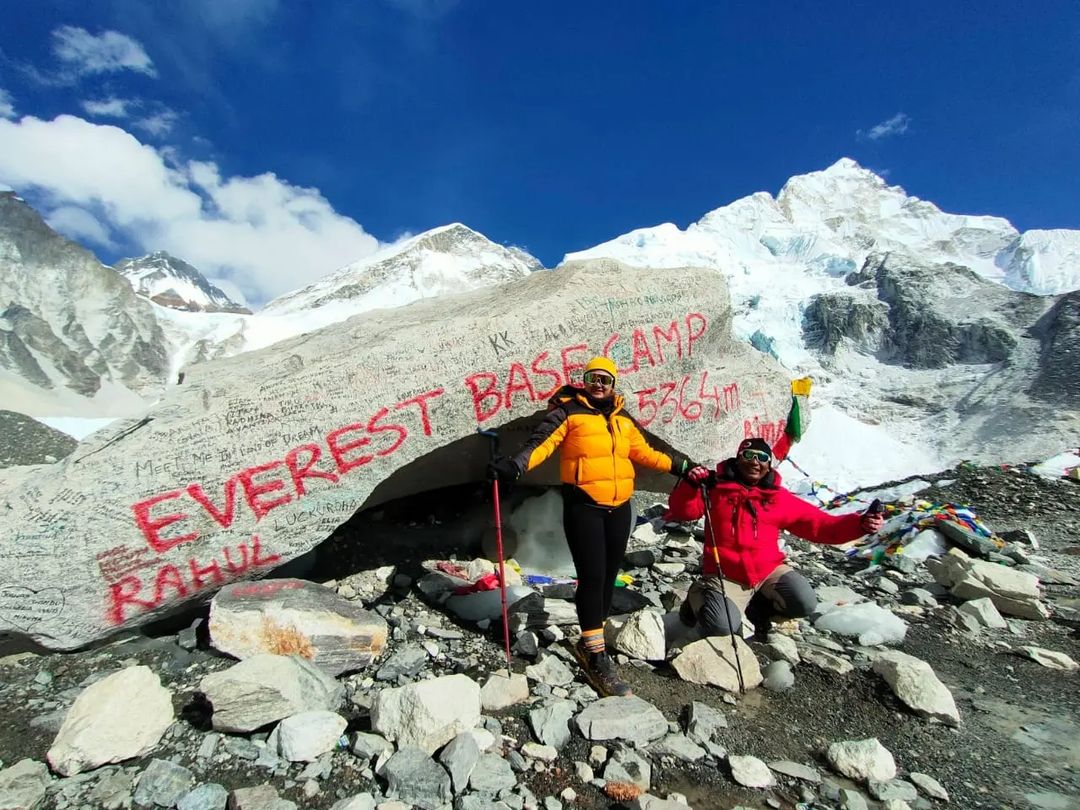
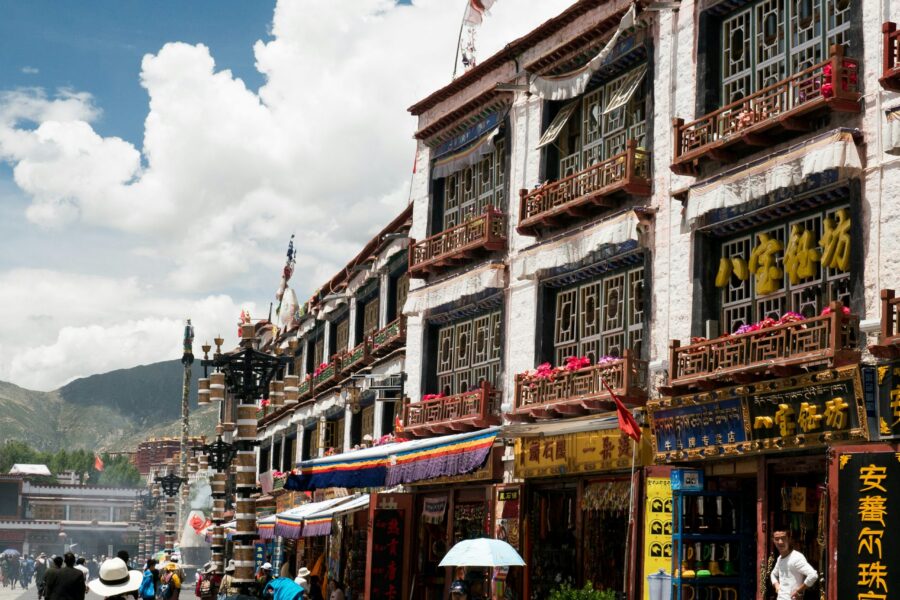
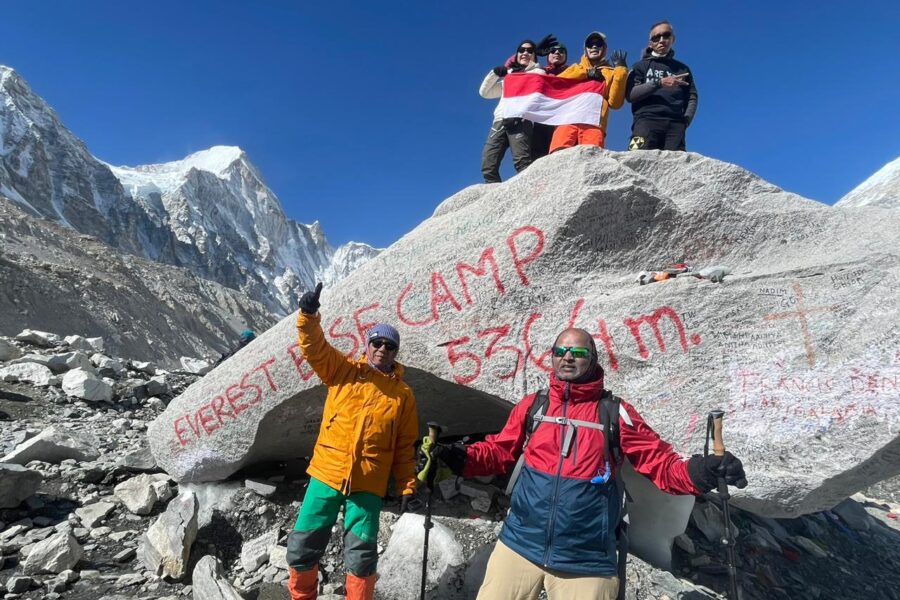
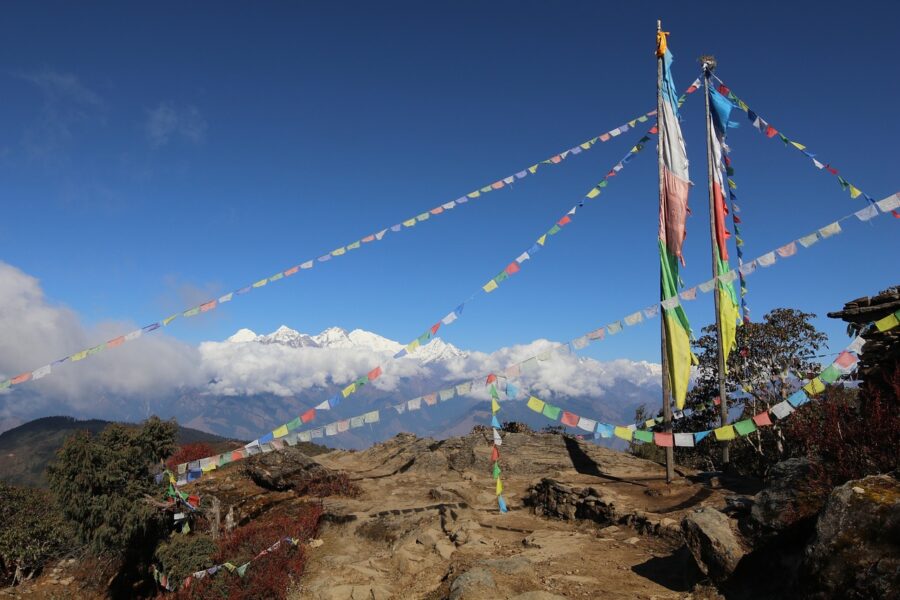
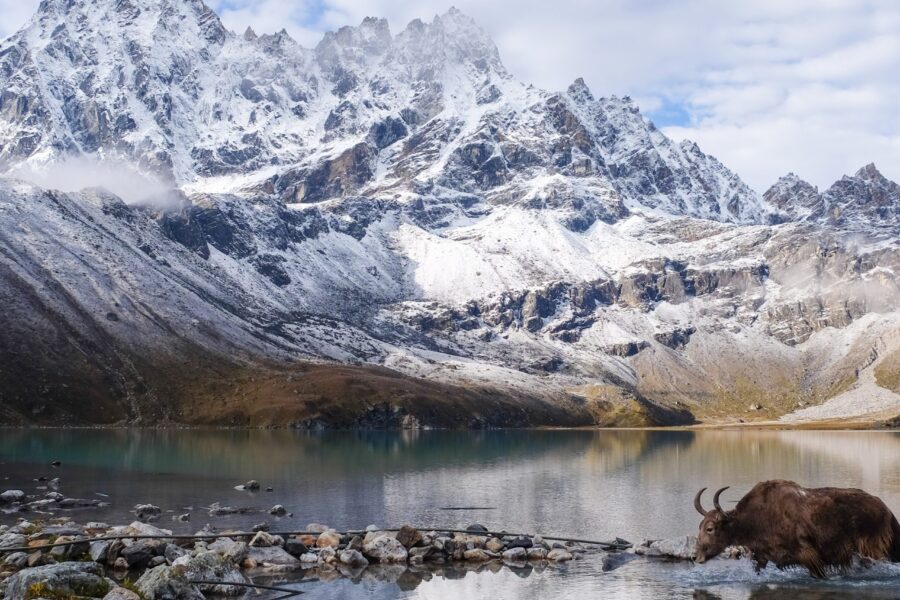
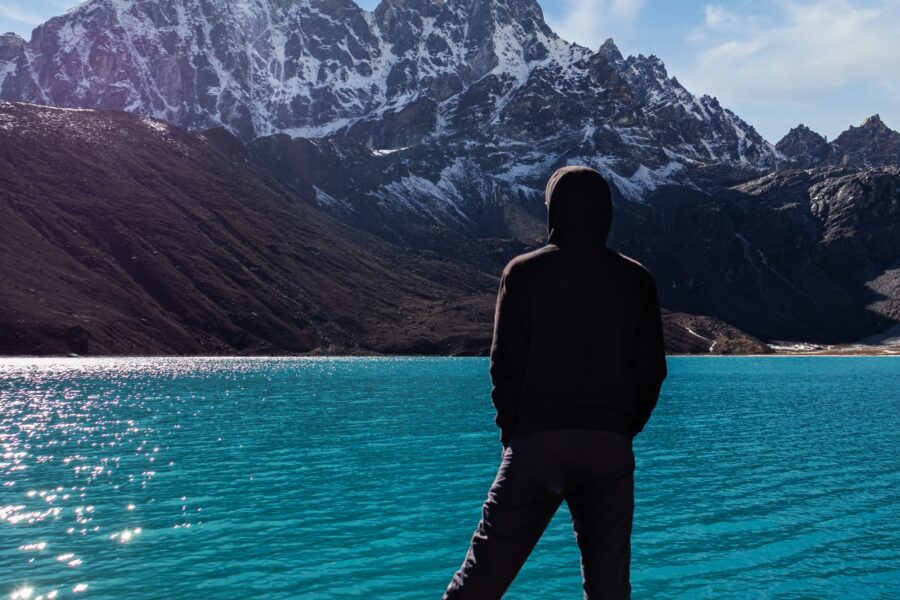
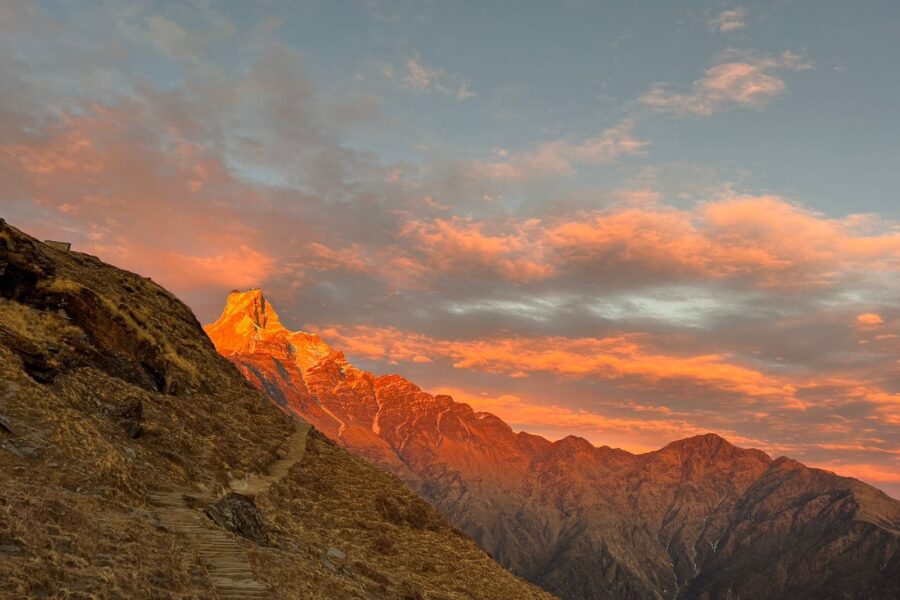
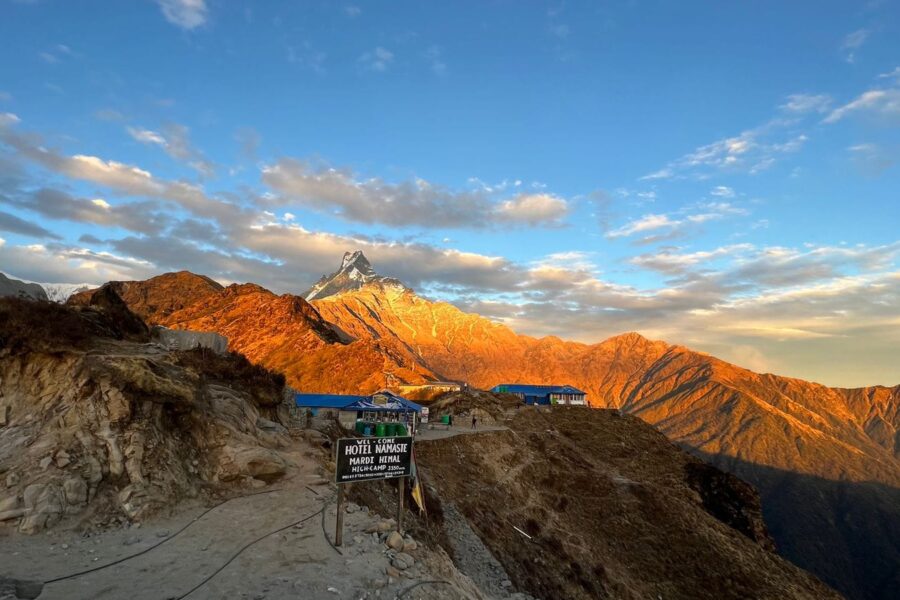
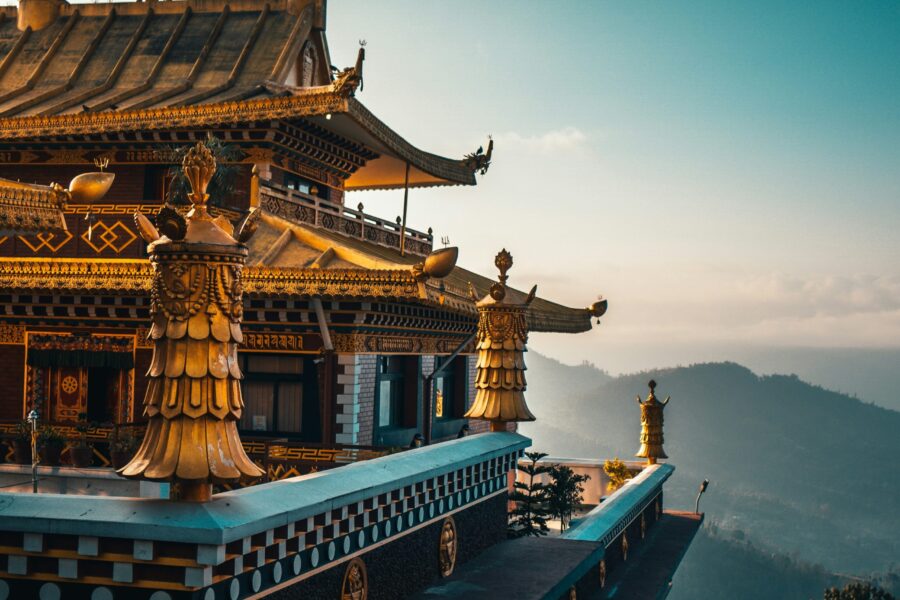
Leave a review